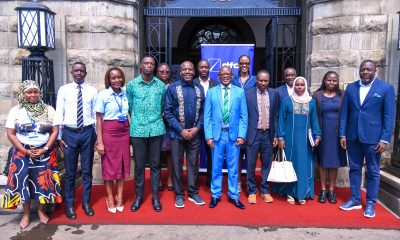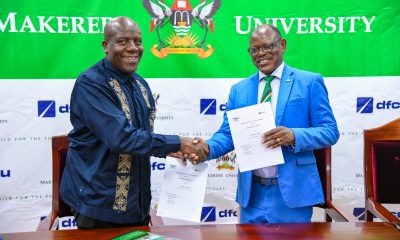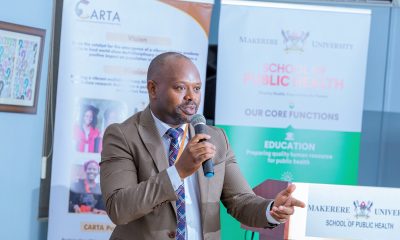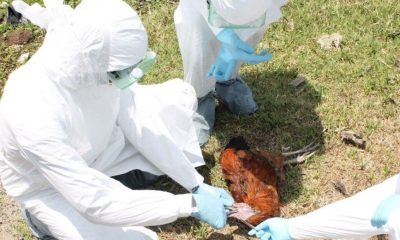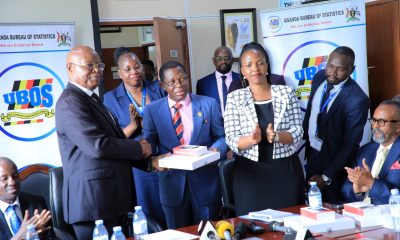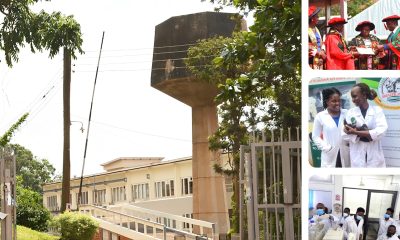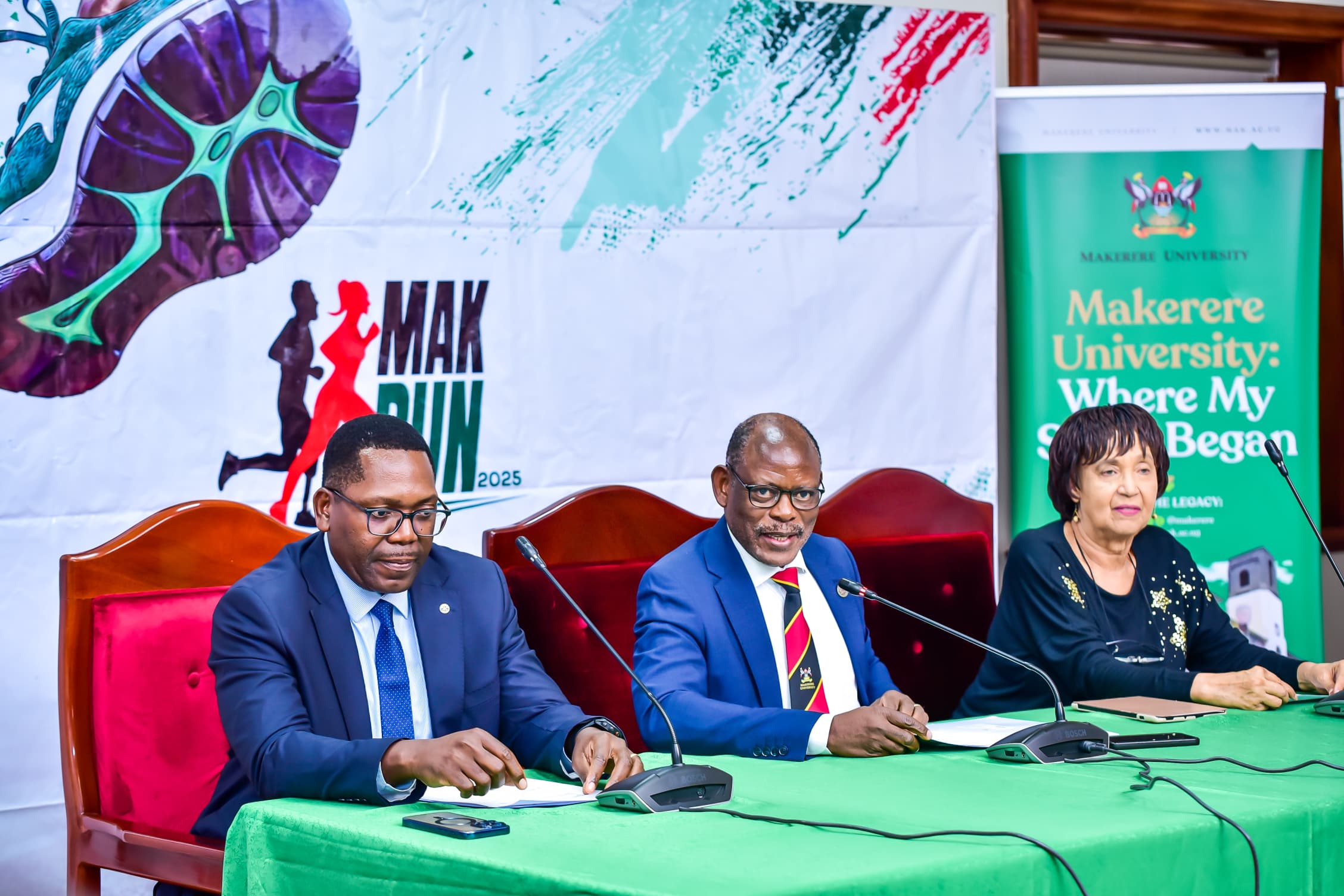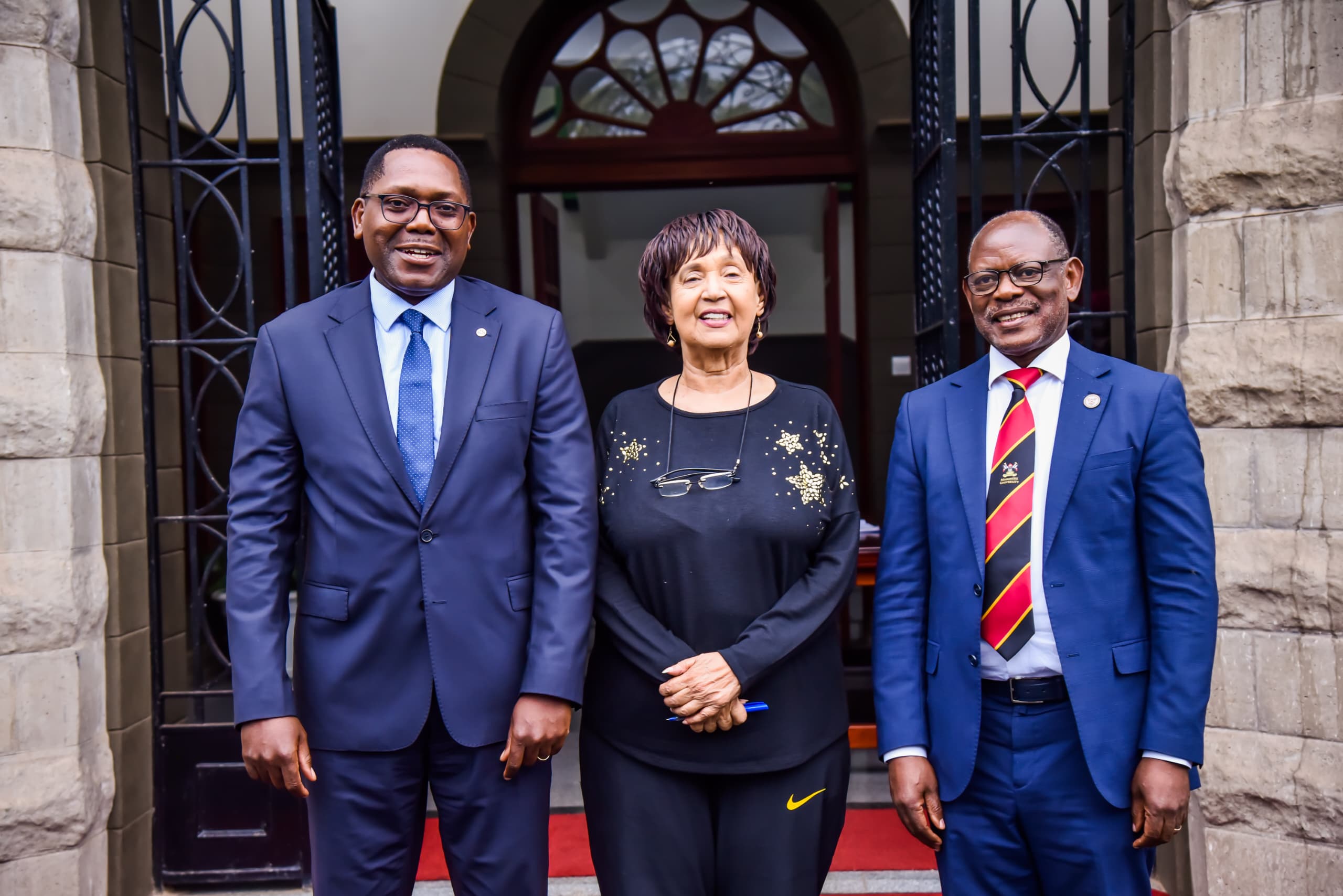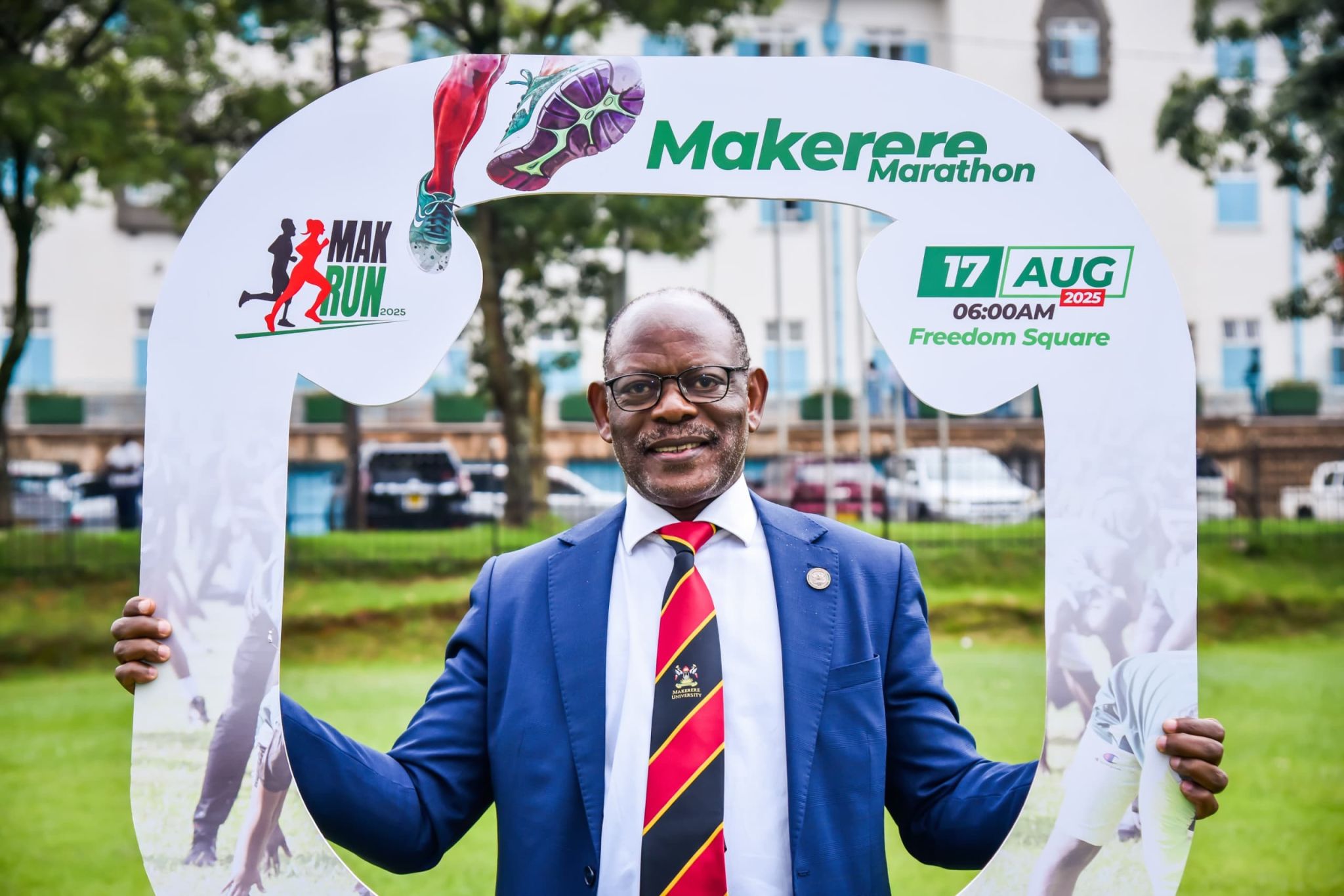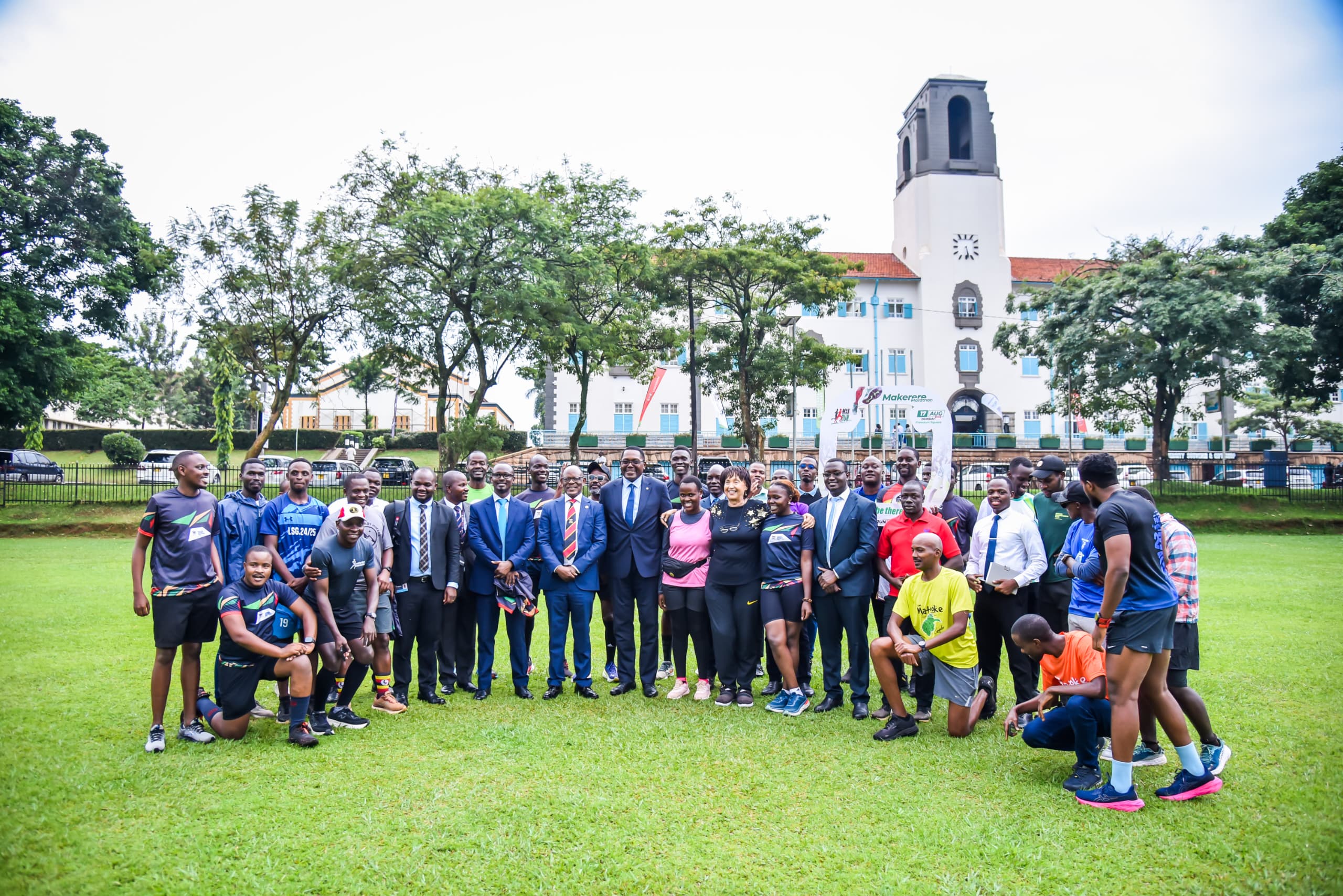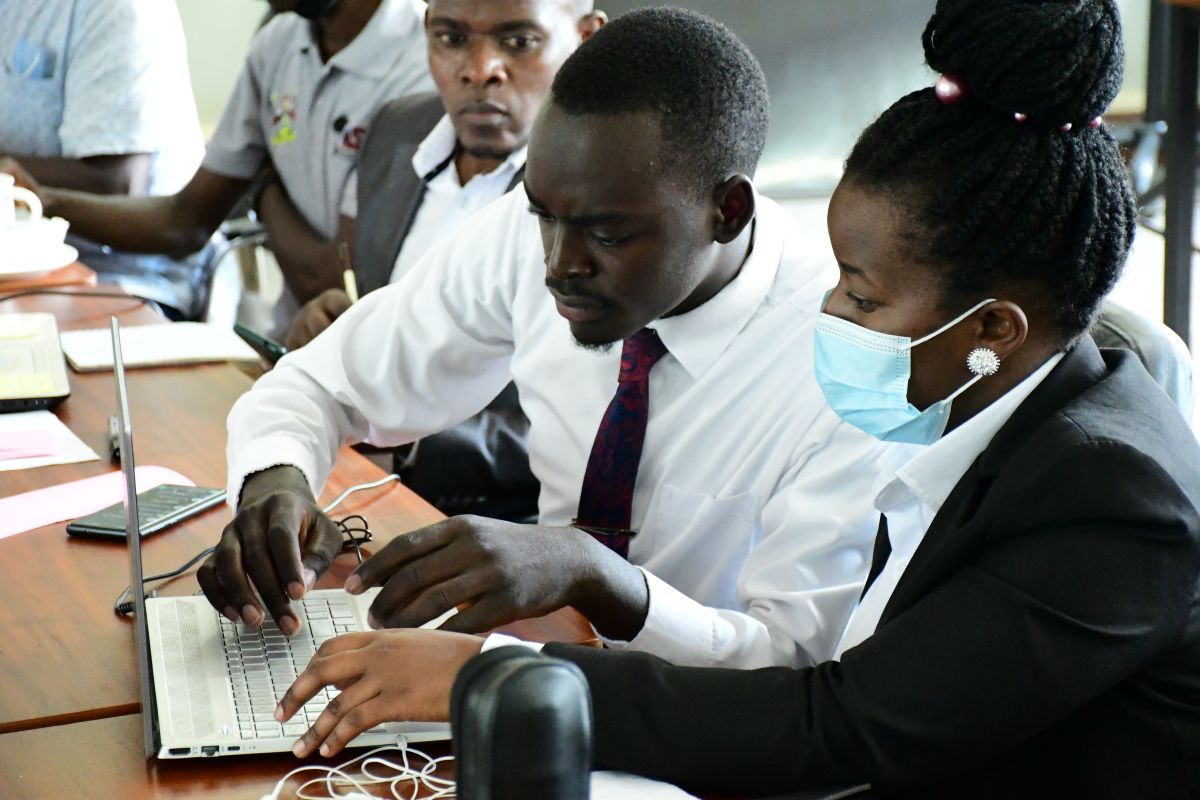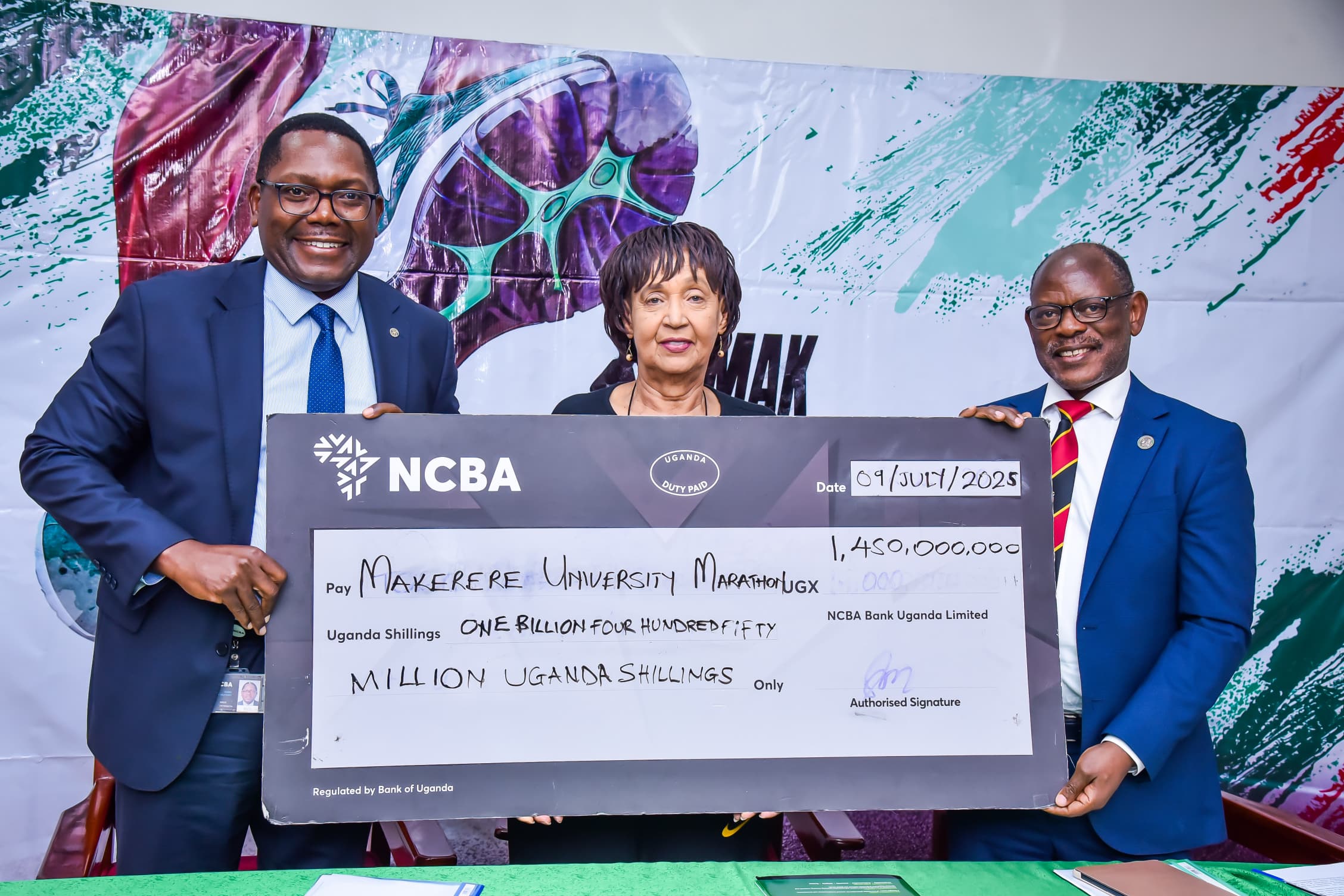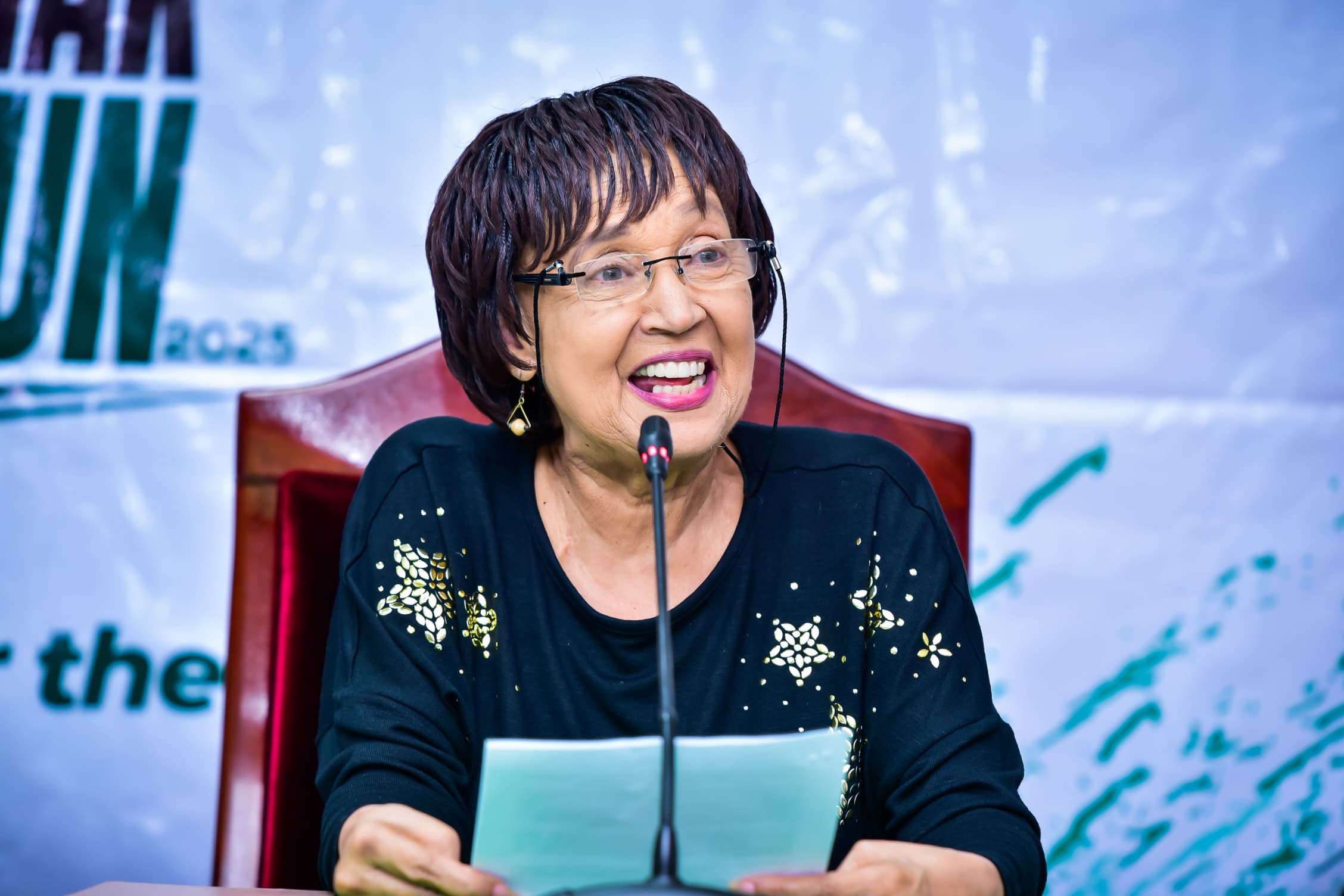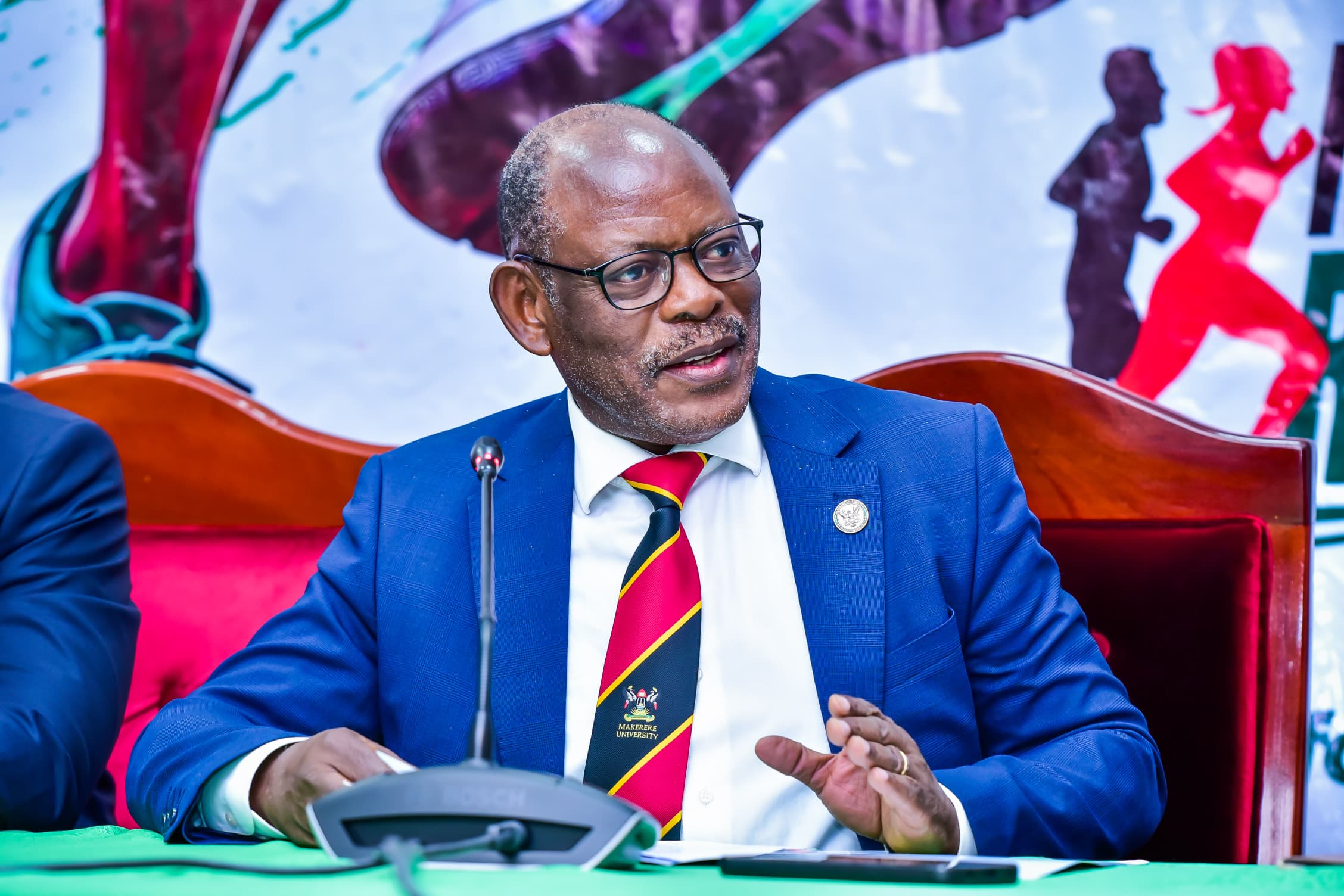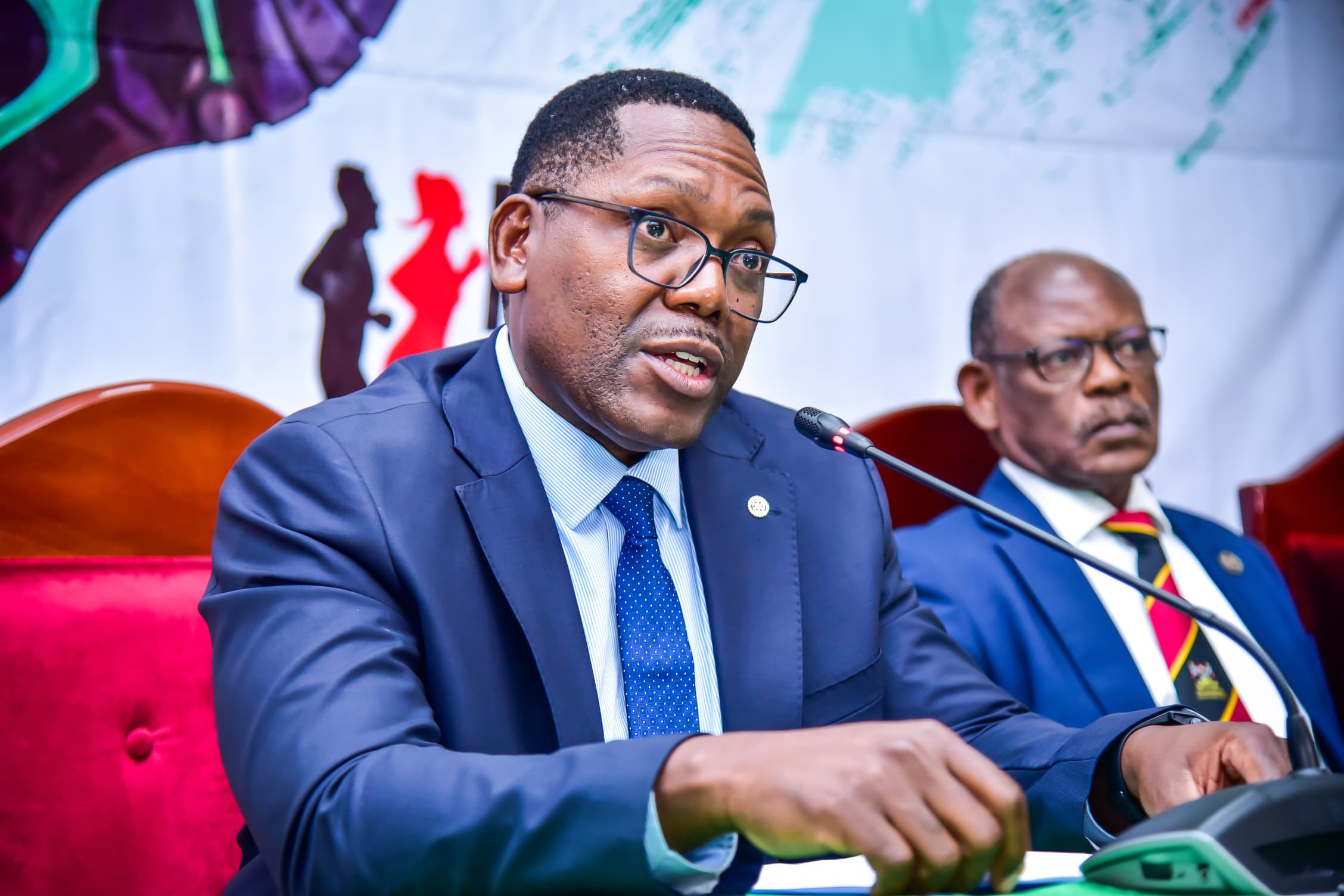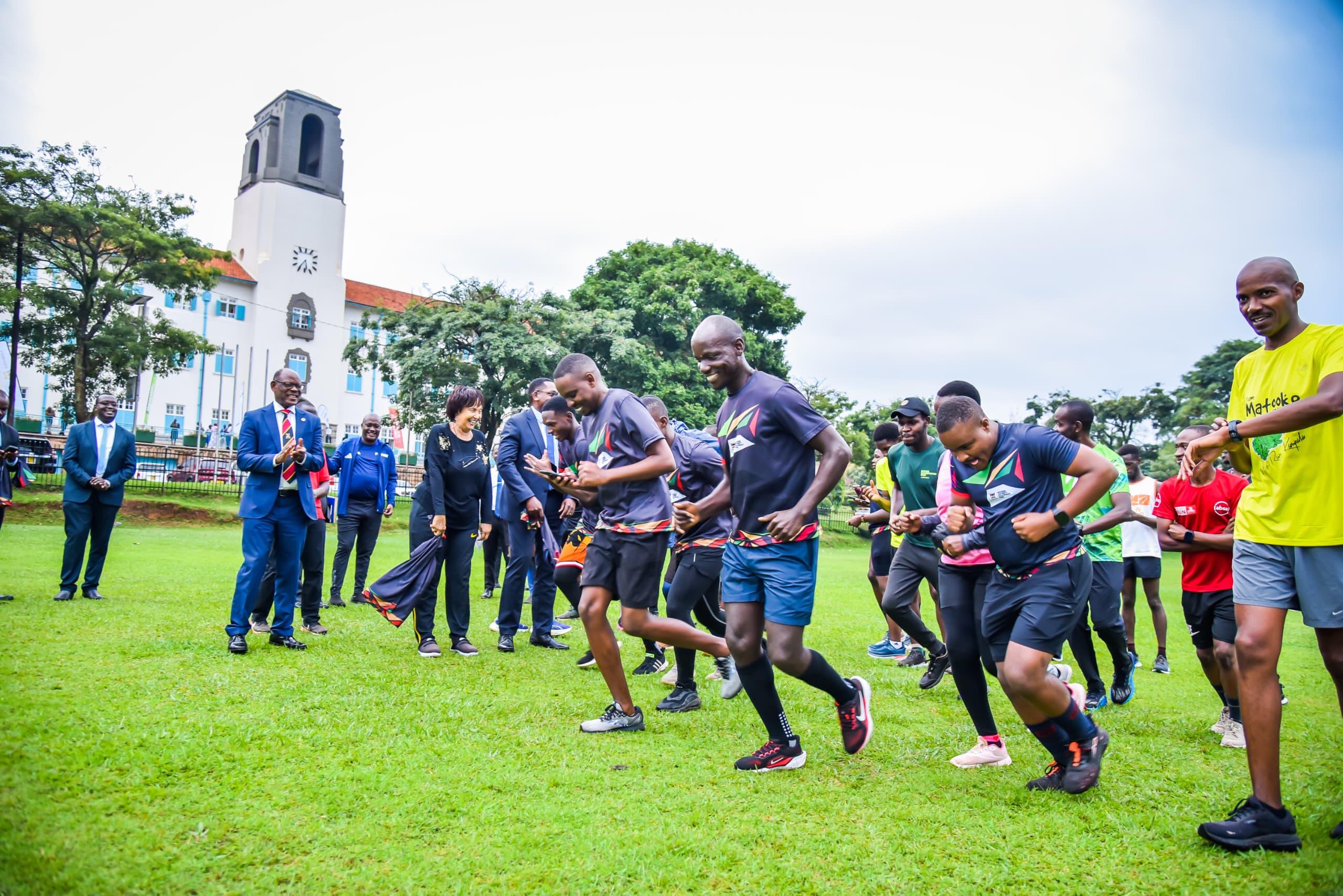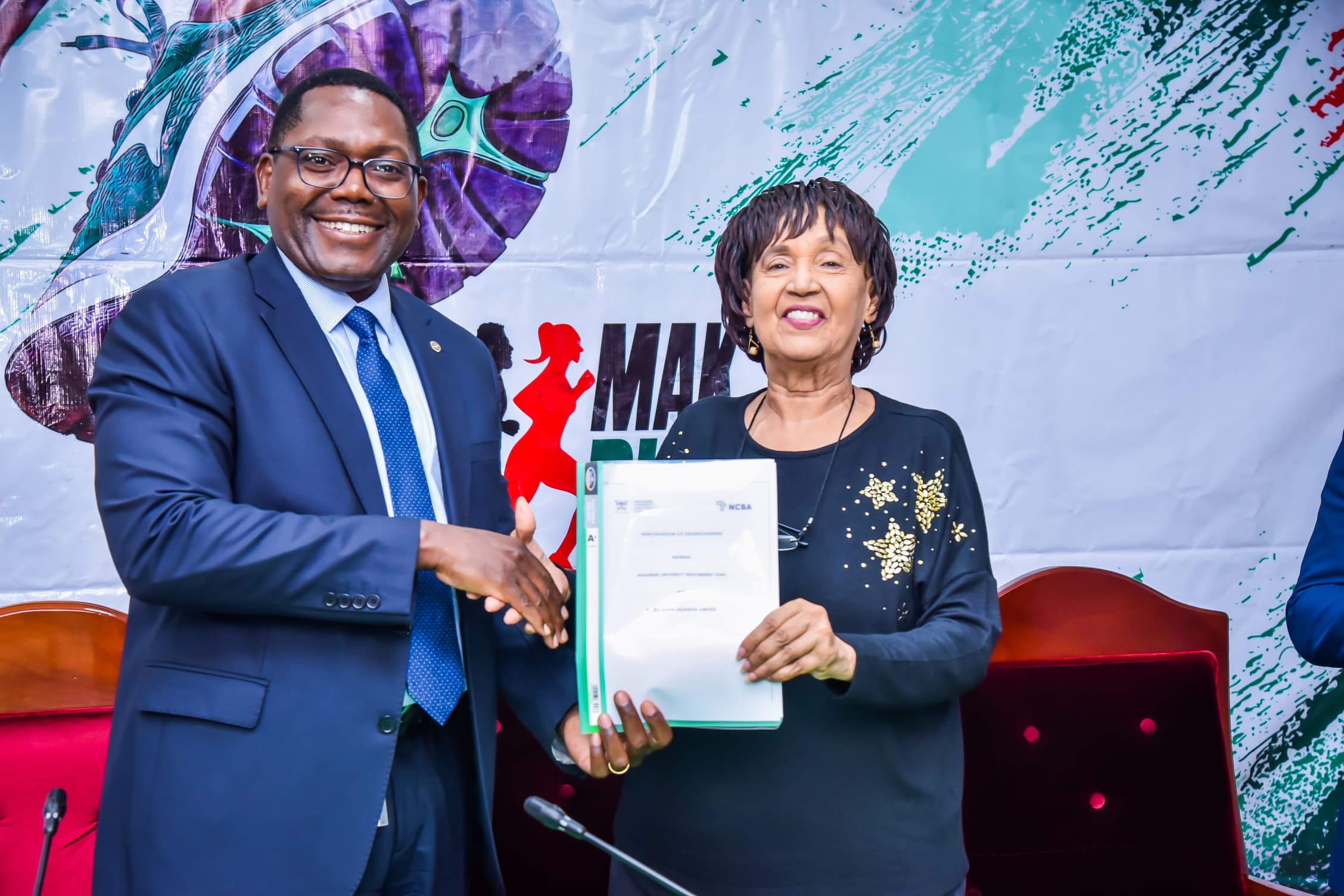Q: Why is the College of Humanities and Social Sciences fundamental in the realization of the University mandate of teaching, research, and knowledge transfer partnerships?
Firstly, I congratulate the College of Humanities and Social Sciences (CHUSS) on organizing this National Humanities Conference. CHUSS is a pivotal college in our University because it addresses issues that affect people directly, and that is why we call them the human sciences. CHUSS, which is constituted by the former Faculty of Arts and Faculty of Social Sciences, has been making a tremendous contribution to the name of Makerere University, to the production of key human resource for the entire region, but also to research that has made Makerere a great institution.
Q: In your view, how do the humanities fit into the core values of our University?
The core values of Makerere University are basically saying three important things; Integrity, Professionalism and Inclusivity. These are issues that are essentially taught in the College of Humanities and Social Sciences (CHUSS). So we have issues that are handled by Psychology, Social Sciences, Sociology, as well as the other Arts.
So if we talk about the core values of Makerere University, what we are talking about is ‘what is a Makererean expected to be in society?’ We are supposed to be the example to the rest of the community. The rest of the community should be looking to us to say ‘What should a person be like? What should a Ugandan, what should an East African be like?’ And so the values that are taught within CHUSS very directly relate to the values that we cherish as a University.
Q: You have talked about CHUSS existing for quite some time and we also understand that University is about to mark 100 years. Where does the National Humanities Conference fit within the preparations that are leading up to those celebrations?
The humanities are very much part of the history of Makerere University. Actually, you can say a great part of the good history of Makerere University is attributed to the humanities. So if you talk about people like Ali Mazrui and writers like Rubadiri and others, these are the people who made Makerere the great University we are.
So the conference is coming at the right time when we are celebrating a century of good service to our country, our region and to humanity in general. So I would say that the National Humanities Conference is very well positioned to reflect on what we have gone through, the contribution we have made as a university to humanity and looking forward to what our country, our region and the world should be and hence addressing those issues – learning from history in order to pave the future.
Q: We also understand that the University is now shifting focus to become a research-led institution. How will the humanities contribute to the realization of this strategic focus?
Makerere University is aligning herself to be a more research-led university. Currently, we are considered to be the second most research-intensive university on the African continent. We believe that we have created such capacity that we can do even much more and hence our new strategic plan seeks to make us even more research-led and more research-intensive. That calls for everybody in the university to rally behind this cause.
The College of Humanities and Social Sciences being our largest college with the most diverse disciplines has a big role to play in ensuring that we achieve this goal. The humanities have been, as I have already said, a pivotal part of the university not only in teaching but even in research and publications. So we expect that the humanities which over the last two or three years have become revitalized as far as research and publications are concerned, will put in even more effort to raise Makerere’s flag higher as far as research and publications are concerned.
The region, the country, is going through very important stages of our development and it will need our humanities experts to research into all the issues that will ensure that we consolidate our gains over the years, continue developing along the right lines, that we consolidate gains of human rights and issues like our integrity, accountability, and make our society even more resilient to the many factors that are going to affect our society as we grow.
Q: Why would the public and other stakeholders of this great institution including private students be interested in attending this conference?
I call upon all our students, our faculty, alumni and the public at large to take keen interest in the National Humanities Conference that is directly addressing what affects us every day. It would be very important that we all follow the conference virtually, in the current circumstances, and that of course gives us even a better opportunity that we can have as many people as possible attending the conference, which would not have been the case if it had been a purely physical event.
I call upon all those stakeholders to listen to what the experts say about our current status and where we are heading as a country and as a people, and may be contribute their ideas so that together we can create an atmosphere that is conducive to the wellbeing of our people.
————————Looking forward to fruitful deliberations—————————
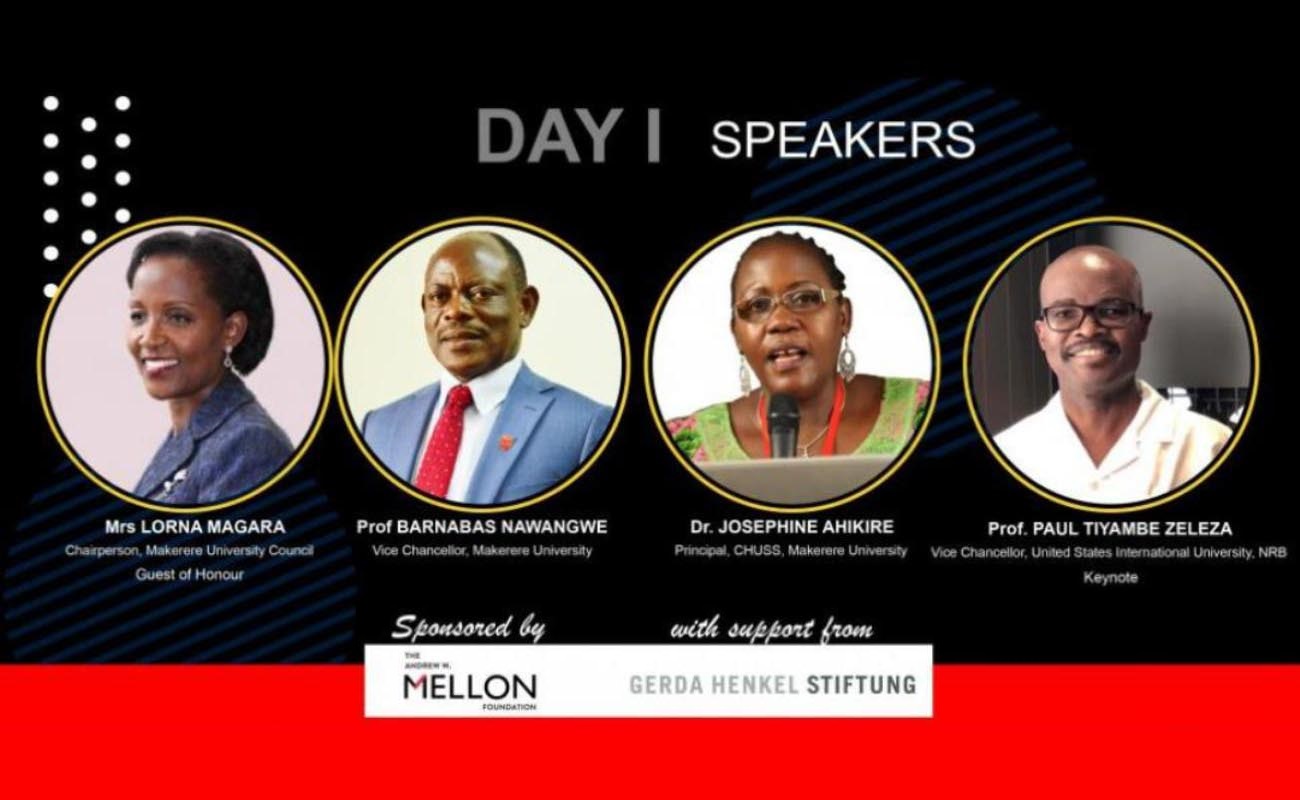

 Education1 week ago
Education1 week ago
 General2 weeks ago
General2 weeks ago
 General4 days ago
General4 days ago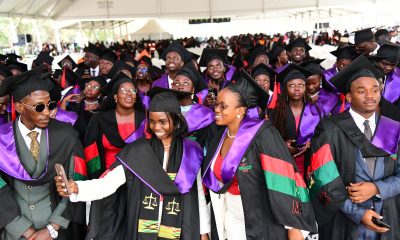
 General1 week ago
General1 week ago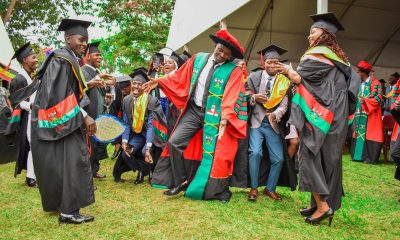
 General1 week ago
General1 week ago
